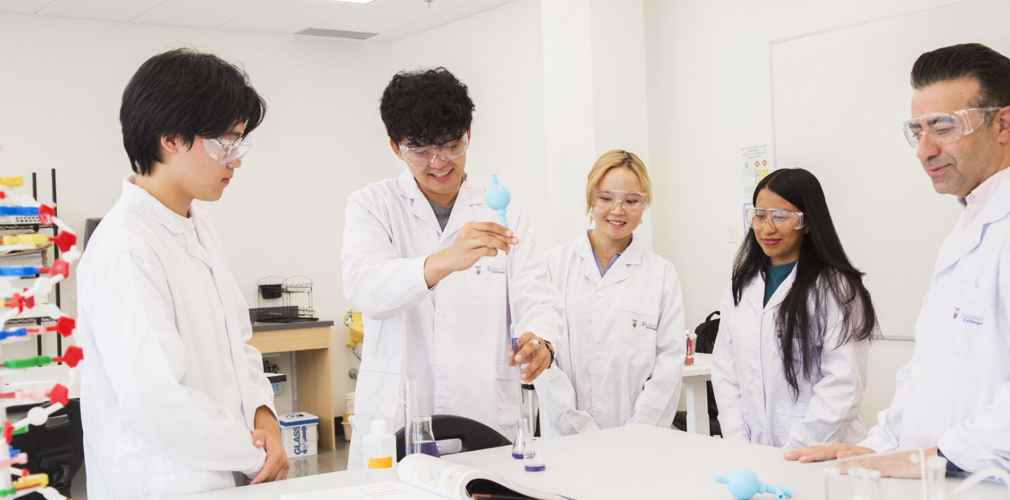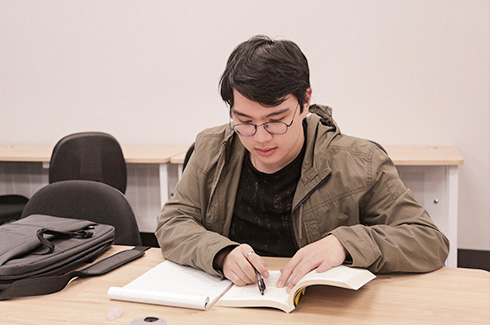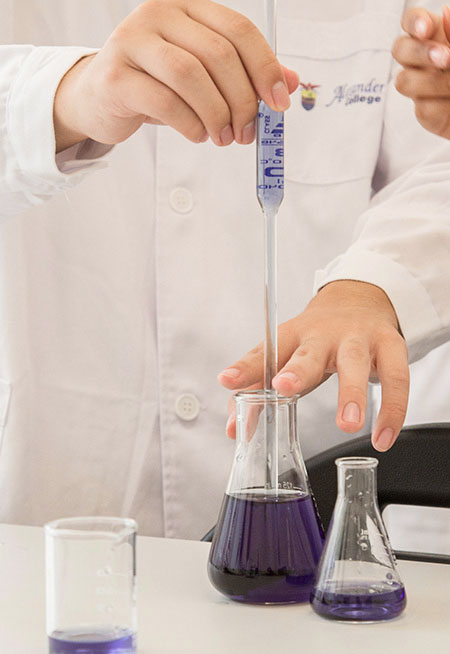Associate of Science Degree

The Associate of Science degree is a two-year undergraduate program offered by many institutions in the province of British Columbia and beyond. The Associate Degree program is designed to provide broad-based knowledge and experiences which lay a foundation for further undergraduate study.
For full program description, requirements, and policies, see the Academic Calendar.
Program Description

What you will learn
Students within the Associate of Science Degree program will gain multi-disciplinary knowledge of natural and applied sciences, and develop their critical thinking and research skills.
The program provides a comprehensive learning experience that also allows students to customize and focus their coursework in an area of personal interest such as biology, chemistry, computer science, mathematics, or physics.
Students can also fulfill a significant portion of their course work requirements for first year engineering and engineering diploma programs.
Program Structure
The Associate of Science Degree is a foundational degree consisting of 60 credits in total, typically completed over a two-year period. The credits must include a minimum of 36 credits in science at first and second-year level in the disciplines of biology, chemistry, physics, and engineering physics.

What you can do after graduation
Transfer to 2nd/3rd Year at a University
Upon completion of the Associate of Science Degree program, students may choose to continue their undergraduate studies. An Associate of Science Degree may be transferrable to the third year of a four-year bachelor’s degree program at a university.
Some BC universities accept Associate Degree graduates at a reduced GPA requirement. For more information on the option of transferring to a university upon completion of an Associate of Science Degree, please consult the BC Transfer Guide or see an Academic Advisor.
Program Requirements
The Associate of Science degree program consists of the following course requirements, which must be completed with a cumulative GPA of 2.0 or greater.
- 6 credits in first-year English, including:
- ENGL 100
- 6 credits in Mathematics, including:
- 3 credits in Calculus
- 36 credits in Science, including:
- 4 credits in labratory science
- 18 credits must be 2nd year Science, taken in two or more subject areas
- 6 credits in Arts (excluding English, Mathematics, and a labratory-based Science course)
- 6 credits in Arts, Science, or other areas

Our Student Stories






